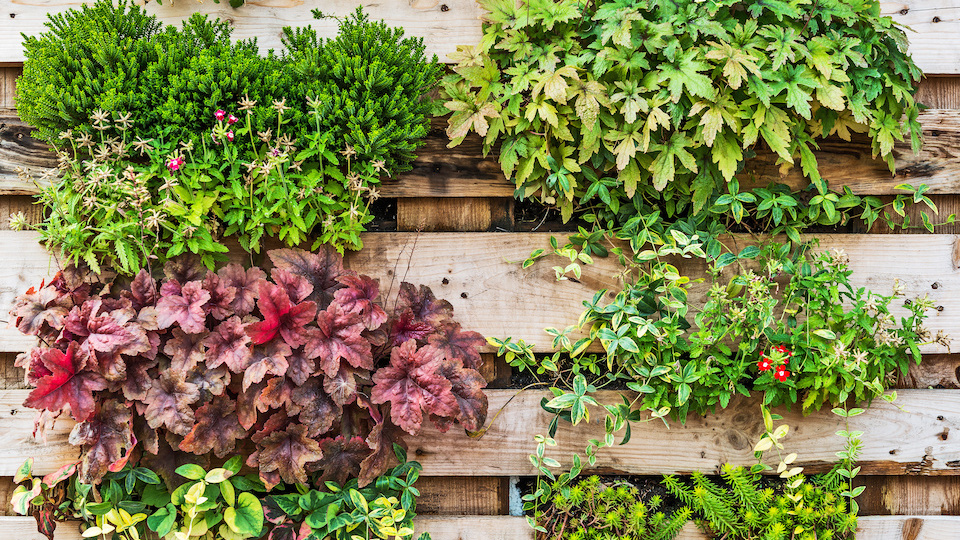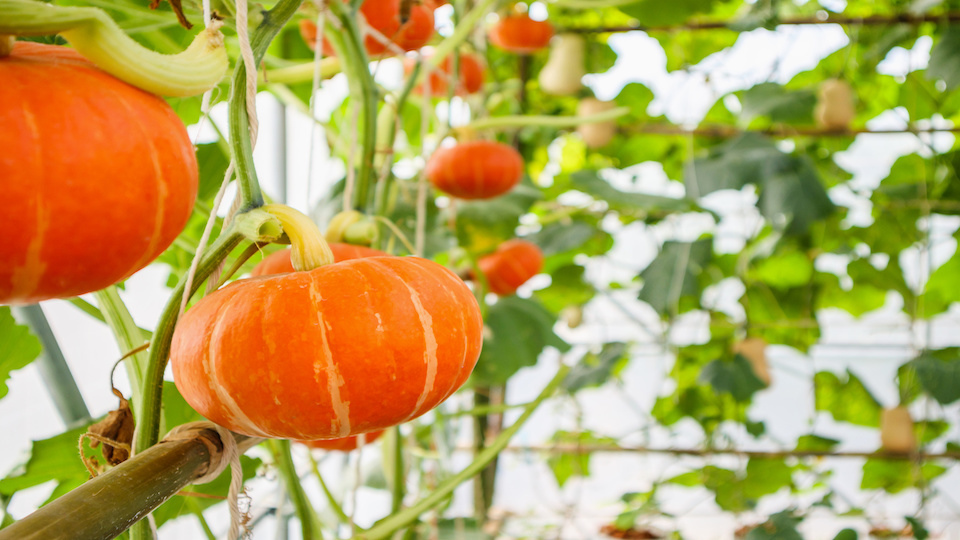Always Plant This Kind of Fruit in Containers
Growing fruit is easier than it sounds, even in a limited space. There are several types of fruit that can be grown in pots. Container-grown fruit allows you to have a little orchard even if your outdoor space is limited to a patio or balcony. And, you can bring the pot in for the winter if you choose a fruit that is not hardy. Check out the best fruit varieties to grow in containers and some tips on how to get a good harvest.








